Latest Posts by voz-vox-blog - Page 2
reblog if AAAAAAAAA
AAAAAAAAAAAAAAAAAAAAAAAAAAAAAAAAAAAAAAAAAAAAAAAAAAAAAAAAAAAAAAAAAAAAAAAAAAAAAAAAAAAAAAAAAAAAAAAAAAAAAAAAAAAAAA

“Ocelot gun spinning in real life(Comparison)”
i want to know, do i dance inside your head?

The truth is out there.



😈 https://society6.com/product/vv866600_print


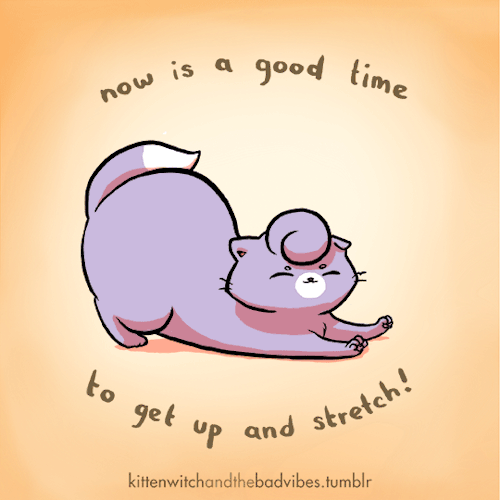
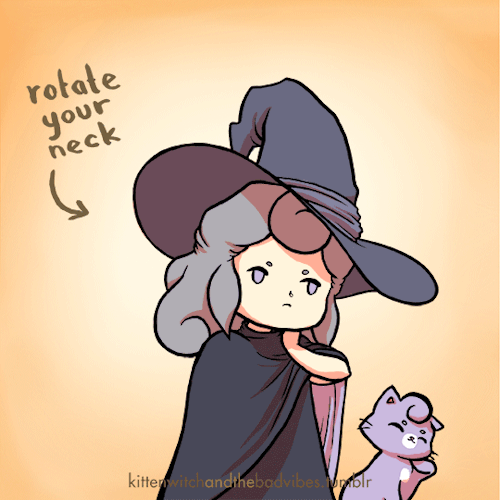
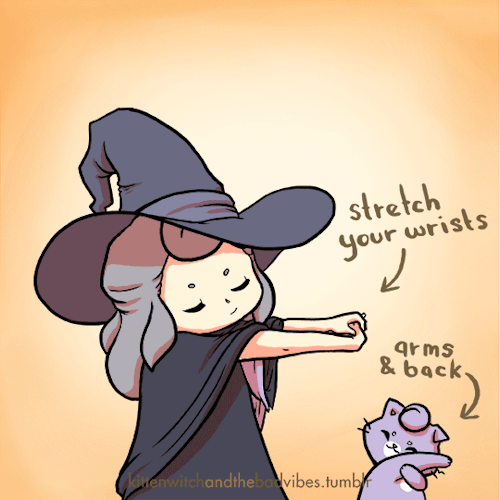
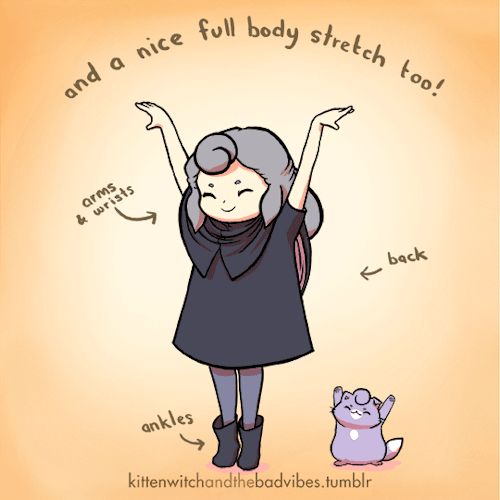
Break time! Stretch those muscles! Work those paws! Lookin’ good, friend! 💪
This is the voice actors of Italy, Germany, Japan, USA, England/UK, France, Russia, China, Austria, Prussia, Chibitalia, and Holy Romano Empire singing Marukaite Chikyuu live on stage together.
I CAN NOW DIE HAPPY.
you know this fucking tune
a cat: meow
me: good… thats exactly what u should be doing…
How I draw faces

1) circle with lines

2) face, head, neck

3) nose

4) eyes, mouth, eyebrows

5) haaaiiir

6) everything else



I went through 275 pages of my video tag to find these vines among others
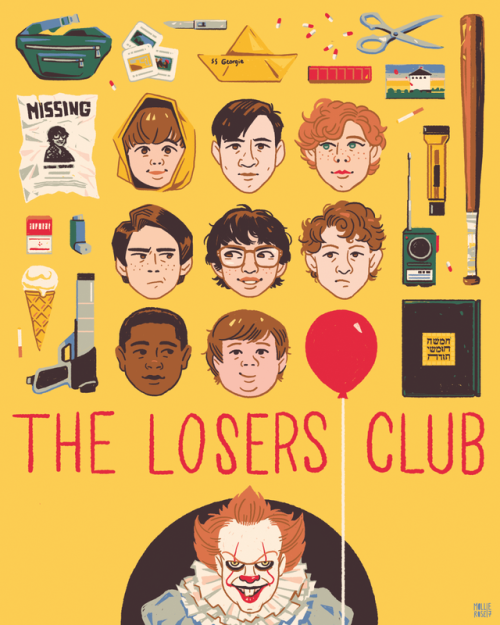
I’ve seen IT three times now, so WELCOME TO THE LOSERS CLUB MOTHERFUCKER 🎈
I thinki about an art blog but I never make any art so!
10 Technologies That Are Changing the Game
Earlier this year, we hosted a Game Changing Technology Industry Day for the aerospace industry, and in October our engineers and technologists visited Capitol Hill showcasing some of these exciting innovations. Check out these technology developments that could soon be making waves on Earth and in space.
1. Wearable technology
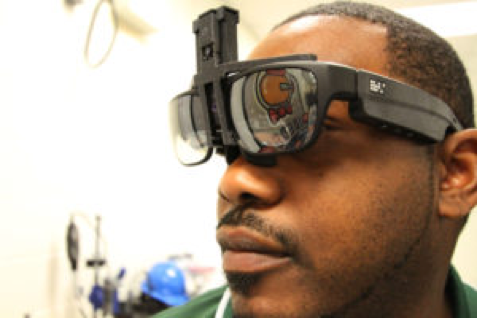
With smartwatches, glasses, and headsets already captivating users around the world, it’s no surprise that the next evolution of wearable technology could be used by first responders at the scene of an accident or by soldiers on a battlefield. The Integrated Display and Environmental Awareness System (IDEAS) is an interactive optical computer that works for smart glasses.

It has a transparent display, so users have an unobstructed view even during video conferences or while visualizing environmental data.

And while the IDEAS prototype is an innovative solution to the challenges of in-space missions, it won’t just benefit astronauts – this technology can be applied to countless fields here on Earth.
2. Every breath they take: life support technologies
Before astronauts can venture to Mars and beyond, we need to significantly upgrade our life support systems. The Next Generation Life Support project is developing technologies to allow astronauts to safely carry out longer duration missions beyond low-Earth orbit.

The Variable Oxygen Regulator will improve the control of space suit pressure, with features for preventing decompression sickness. The Rapid Cycle Amine technology will remove carbon dioxide and humidity and greatly improve upon today’s current complex system.

3. 3-D printing (for more than just pizza)
New Advanced Manufacturing Technologies (AMT), such as 3-D printing, can help us build rocket parts more quickly and aid in building habitats on other planets.

These manufacturing initiatives will result in innovative, cost-efficient solutions to many of our planetary missions. Back in 2014, the International Space Station’s 3-D printer manufactured the first 3-D printed object in space, paving the way to future long-term space expeditions.

The object, a printhead faceplate, is engraved with names of the organizations that collaborated on this space station technology demonstration: NASA and Made In Space, Inc., the space manufacturing company that worked with us to design, build and test the 3-D printer.

4. Spacecraft landing gear
Large spacecraft entering the atmosphere of Mars will be traveling over five times the speed of sound, exposing the craft to extreme heat and drag forces. The Hypersonic Inflatable Aerodynamic Decelerator (HIAD) is designed to protect spacecraft from this environment with an inflatable structure that helps slow a craft for landing.

To get astronauts and other heavy loads to the surface safely, these components must be very strong. The inflatable consists of a material 15 times stronger than steel, while the thermal protection system can withstand temperatures over 1600°C.
5. From heat shield technology to firefighter shelters

For the Convective Heating Improvement for Emergency Fire Shelters (CHIEFS) project, we partnered with the U.S. Forest Service to develop safer, more effective emergency fire shelters for wild land firefighters.

Using existing technology for flexible spacecraft heat shields like HIAD, we are building and testing new fire shelters composed of stacks of durable, insulated materials that could help protect the lives of firefighters.

6. Robots and rovers
Real life is looking a bit more like science fiction as Human Robotics Systems are becoming highly complex. They are amplifying human productivity and reducing mission risk by improving the effectiveness of human-robot teams.

Our humanoid assistant Robonaut is currently aboard the International Space Station helping astronauts perform tasks.

A fleet of robotic spacecraft and rovers already on and around Mars is dramatically increasing our knowledge and paving the way for future human explorers. The Mars Science Laboratory Curiosity rover measured radiation on the way to Mars and is sending back data from the surface.

This data will help us plan how to protect the astronauts who will explore Mars.

Future missions like the Mars 2020 rover, seeking signs of past life, will demonstrate new technologies that could help astronauts survive on the Red Planet.

7. Robotic repairs
Currently, a satellite that is even partially damaged cannot be fixed in orbit. Instead, it must be disposed of, which is a lot of potential science lost.

Satellite Servicing technologies would make it possible to repair, upgrade, and even assemble spacecraft in orbit using robotics.

This can extend the lifespan of a mission, and also enable deeper space exploration.

Restore-L, set to launch in 2020, is a mission that will demonstrate the ability to grab and refuel a satellite.
8. Low-cost spacecraft avionics controllers
Small satellites, or smallsats, are quickly becoming useful tools for both scientists and industry. However, the high cost of spacecraft avionics—the systems that guide and control the craft—often limits how and when smallsats can be sent into orbit by tagging along as payloads on larger launches.

Using Affordable Vehicle Avionics (AVA) technology, we could launch many more small satellites using an inexpensive avionics controller. This device is smaller than a stack of six CD cases and weighs less than two pounds!
9. Making glass from metal
After a JPL research team of modern-day alchemists set about mixing their own alloys, they discovered that a glass made of metal had the wear resistance of a ceramic, was twice as strong as titanium, and could withstand the extreme cold of planetary surfaces, with temperatures below -150 degrees Fahrenheit.

Bulk Metallic Glass (BMG) gears would enable mechanisms to function without wasting energy on heaters. Most machines need to maintain a warmer temperature to run smoothly, which expends precious fuel and decreases the mission’s science return.

By developing gearboxes made of BMG alloys, we can extend the life of a spacecraft and learn more about the far reaches of our solar system than ever before. Plus, given their extremely high melting points, metallic glasses can be cheaply manufactured into parts by injection molding, just like plastics.
10. Lighter, cheaper, safer spacecraft fuel tanks
Cryogenic propellant tanks are essential for holding fuel for launch vehicles like our Space Launch System—the world’s most powerful rocket. But the current method for building these tanks is costly and time-consuming, involving almost a mile of welded parts.

Advanced Near Net Shape Technology, part of our Advanced Manufacturing Technologies, is an innovative manufacturing process for constructing cryotanks, using cylinders that only have welds in one area.

This makes the tank lighter, cheaper, and safer for astronauts, as there are fewer potentially defective welds.
Follow us on Tumblr for your regular dose of space: http://nasa.tumblr.com





【とび森】 ヘタリア フランシスお兄さんのチュニック Pixiv ID: 59905264 Member: 41857 - らん
※Posted with the artist’s permission ~Please ask the artist first if you want to repost the artist’s art~


I like the forbidden aspect of parts of this ship. How they both know it’s not a good idea–









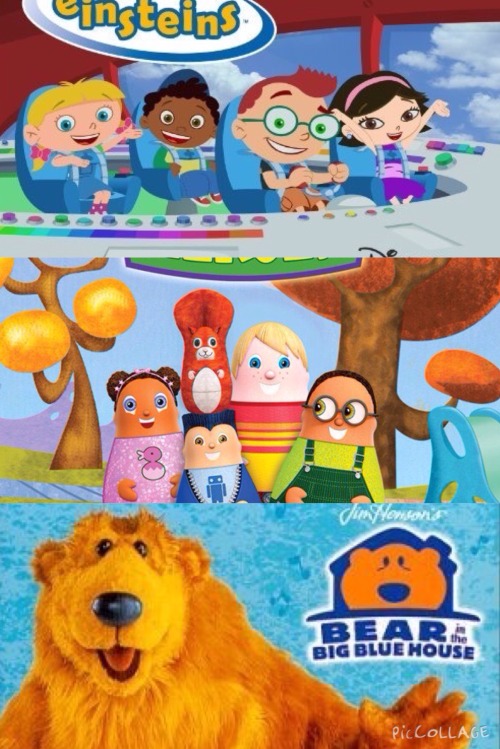
I’m not the only one who remembers Playhouse Disney right? Charlie and Lola, JoJo’s Circus, Rolie Polie Olie, Handy Manny, imagination Movers, The Wiggles, Jungle Junction, Special Agent Oso, Little Einsteins, Higglytown Heroes, Bear In The Big Blue House, etc. Like I’m in my feeling right now you guys 😭😭😭😭😭😭😭😭 Especially over Charlie and Lola, I use to watch that show all the time when I was younger trying to copy their accents, while drinking pink milk 😂😭
today i have a play date on club penguin with my friend who is also in college and if that isn’t friendship idk what is

when will any pop star ever go as hard as everybody knows shit fuck man
okay but Ms. Miss in the back is PAINTED?




